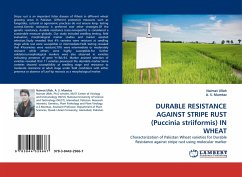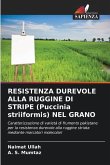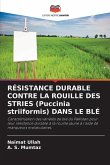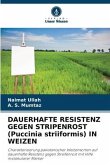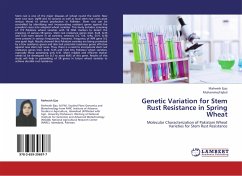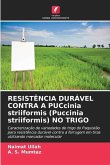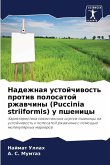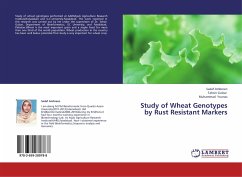Stripe rust is an important foliar disease of Wheat in different wheat growing areas in Pakistan. Different protective measures such as fungicides, cultural or agronomic practices do not ensure long- lasting control.Genetic resistance is preferred over other strategies.Of the genetic resistance, durable resistance (race-nonspecific) is considered a sustainable measure globally. Our study included seedling testing, field evaluation, morphological marker studies and marker assisted selection.Study revealed that 4% varieties were resistant at seedling stage while rest were susceptible or intermediate.Field testing revealed that 4%varieties were resistant,70% were intermediate or moderately resistant while others were highly susceptible.For further validation,morphological markers were also observed in varieties indicating presence of gene Yr18/Lr34. Marker assisted selection of varieties revealed that 11 varieties possessed the desirable marker.Same varieties showed susceptibility at seedling stage and resistance to moderate resistance at adult stage under field conditions with either presence or absence of Leaf tip necrosis as a morphological marker.

